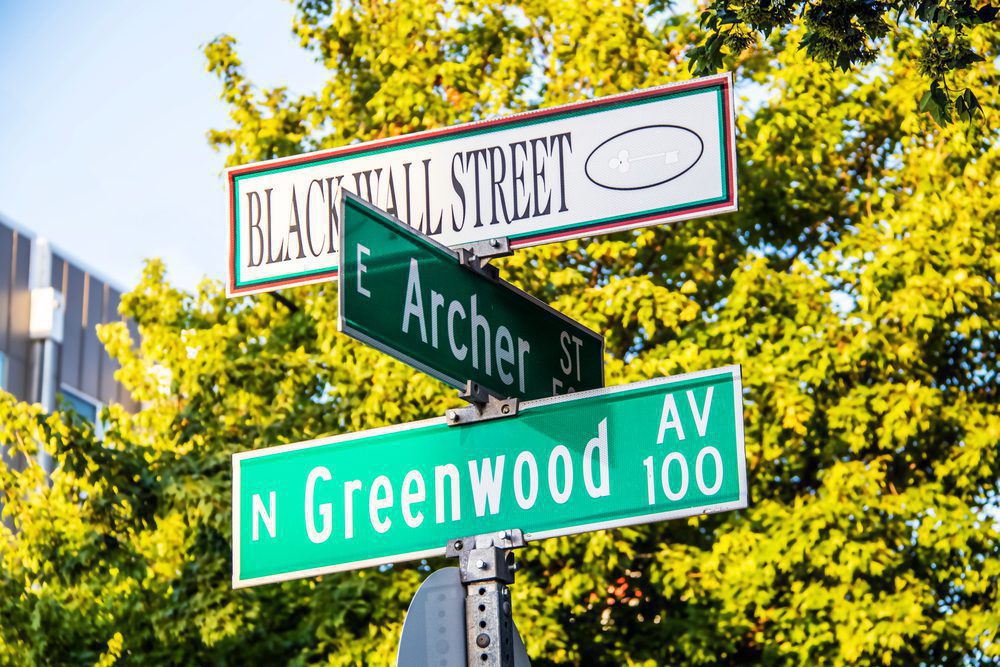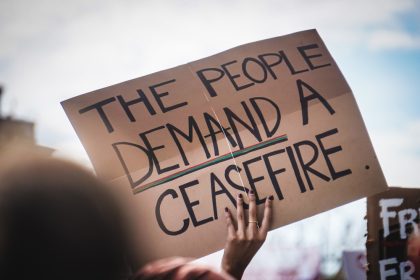The struggle for justice and reparations for the survivors of the 1921 Tulsa Race Massacre continues to unfold in Tulsa, Oklahoma. A newly established commission, known as the “Beyond Apology Commission,” is working to address the historical injustices faced by the Black community in Tulsa, particularly in the Greenwood District, once celebrated as Black Wall Street. This initiative comes at a time when discussions around reparations are increasingly contentious, with differing opinions among local politicians.
Understanding the ‘Beyond Apology Commission’
In an effort to confront the legacy of the 1921 massacre, Tulsa Mayor G.T. Bynum signed an executive order to create the Beyond Apology Commission. This commission is tasked with addressing the ongoing disparities in housing, wages and access to financial services that disproportionately affect Black residents in Tulsa. The commission comprises city officials, community leaders and experts who aim to foster economic mobility and prosperity for the descendants of the massacre survivors.
During its inaugural meeting, the commission focused on housing inequities, recognizing that while this initiative is not a comprehensive solution to reparations, it represents a significant step forward. Kristi Williams, a descendant of a massacre survivor and a legal expert for the commission, emphasized the importance of local action. She highlighted the commission’s commitment to creating a housing plan to be presented to the mayor and city council by November 2024.
Disagreement on reparations
Despite the commission’s efforts, the topic of direct reparations remains a point of contention. Bynum has expressed his reservations about the term “reparations,” suggesting that it carries a heavy stigma in contemporary American discourse. He noted that many people associate reparations with direct financial compensation, which he believes is a polarizing issue.
The nonprofit group Justice For Greenwood criticized Bynum’s stance, interpreting his comments as a dismissal of cash reparations for Black Americans. They voiced their concerns on social media, stating, “Despite launching a ‘reparations’ commission this week, the Mayor dismissed the idea of Black Americans receiving reparations in the form of financial compensation as too polarizing.” This highlights the ongoing debate within the community regarding the best approach to address historical injustices.
Political perspectives on reparations
While Bynum appears hesitant to endorse direct financial reparations, other political figures are advocating for compensation. Congressman Al Green, a Democrat from Texas, is proposing legislation to allocate $40 million in reparations for the last two living survivors of the massacre, Viola Fletcher and Lessie Benningfield Randle, who are now 110 and 109 years old, respectively. Green argues that $10 million each, along with punitive damages, is a reasonable request for the survivors.
The future of reparations in Tulsa remains uncertain, as it depends on the support of Congress and the outcomes of ongoing investigations by the Department of Justice into the massacre. As the number of survivors dwindles, the urgency for justice and acknowledgment of the past becomes increasingly critical.
The establishment of the Beyond Apology Commission marks a significant step toward addressing the historical and ongoing injustices faced by the Black community in Tulsa. While the debate over reparations continues, the commission’s focus on housing and economic disparities represents a proactive approach to reconciliation. As discussions evolve, the hope for justice for the survivors and their descendants persists, reminding us of the importance of acknowledging and addressing the past.














